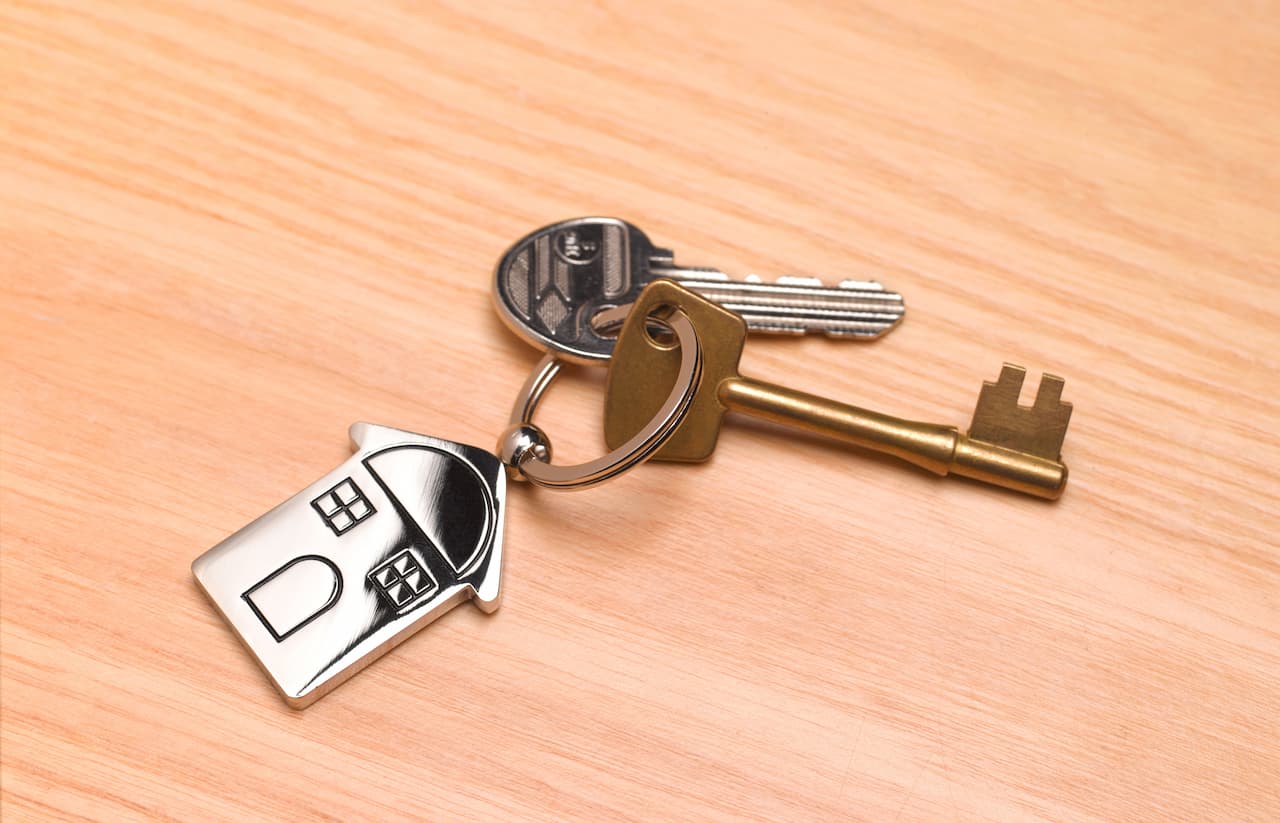What to do if your tenant becomes a problem
Examples of the type of tenant issues you may face
Neglecting your property
Whilst the property belongs to you, you won’t be able to keep a keen eye on what goes on, and you will need to trust your tenants to look after it. You will most likely have included your rules for looking after your property along with an inventory of all fixtures and fittings that you own in the tenancy agreement, so your tenant should be aware of how to keep the property the way you would like it.
Your tenants, however, may not treat the property as if it is their own home and could cause damage to the property through negligence.
Breaking the terms of the lease
If you haven’t included who is responsible for damaged property or property neglect in your tenancy agreement, you could be in trouble. By not providing terms in a tenancy agreement, you could be giving your tenants free rein to not treat your property well with no repercussions.
Make sure that the terms of rental are set out clearly so that you tenant knows how to look after your property while they are living there.
Complaints from neighbours
By getting to know the neighbours well, you will be able to keep tabs on your tenants if they are being antisocial. If the neighbours are complaining regularly, your tenants may not be behaving respectfully in your property.
Under the Human Rights Act 1998, a landlord could be liable for the activity of their tenants if they are found to have been responsible for causing a nuisance. If you know the neighbours well, you might be able to resolve complaints before issues escalate.
Non or late payment of rent
One of the biggest issues for landlords is not receiving or delayed monthly rent payments. It should be outlined clearly in the tenancy agreement when you are expecting payment and the amount that you are asking for.
Refusing to move out
This is usually only a problem if you have asked the tenants to move out, rather than them seeking to move out themselves. Problematic tenants may dig their heels in when moving out which could make life difficult for you.
How to resolve issues
Attracting the right tenant
Performing rigorous checks on your tenants in the application phase is a way of finding out if a tenant will be suitable. Take a look at our other article on how to attract the best kind of tenant for the best ways to find the right tenant for your property.
Communication
Maintaining open communication with your tenants is essential if you are to have a lasting and mutually beneficial relationship with your tenant. Don’t pester your tenants too much but make sure that you keep in touch occasionally to see how things are going.
As soon as you identify a problem, get in touch to see if there is a way of rectifying the problem and make sure you also communicate any outcomes or actions by email or writing, in case there are further problems and you need to evidence that you have tried to rectify an issue.
Removing your tenant
If there is no way to resolve the issue, you will need to take steps to remove the tenant from your property.
If you have outlined a fixed term in your tenancy agreement and the current tenant has exceeded this term, you can repossess your property under section 21 of the 1988 Housing Act. If they are still within the fixed term of the tenancy agreement, you will need to take steps under section 8 of the act, which usually requires you to have served a notice to your tenants.
If your tenant is still refusing to vacate the property, there are legal steps you can take to have them removed.
Rights you need to know
When it comes to problematic tenants knowing your rights can be the difference between a smooth transition and a difficult removal when dealing with problem tenants.
Eviction due to non-payment
If your tenant’s payments have fallen into arrears, after 21 days you are entitled to inform your tenants that you intend to reclaim your property if rent is not paid. However if they miss further payments of rent, you are within your rights to take legal action in reclaiming your property, as outlined by the 1988 Housing Act.
By keeping regular checks of your tenant’s payments, you will be able to identify if they have fallen into arrears. If this has happened, it may be worth getting in touch with your tenant to see if there is a problem before taking legal action. It may be a case of a cash flow problem, the tenant losing their job or a family emergency, so remember to be tactful when approaching the subject of unpaid rent.
Eviction with no reason
As a landlord, you have the right to evict your tenant for no specific reason, so long as you have abided by the rules outlined under section 21 of the 1988 Housing Act.
There are a variety of reasons that you may wish for your tenant to move out of your property, not all of which are because of problems with the tenant. In most cases, your tenant will be amicable about the process of finding a new place to live, but be prepared to provide a reason to avoid issues if you feel your tenant may be likely to object.
You will only be able to remove a tenant under section 21 if they have come to the end of their tenancy agreement or if they have a break clause in the contract, so you can’t always evict a tenant just because you want them out.
Clearing your property after a tenant has left
It may be the case that when your tenant leaves, they leave behind some of their belongings. You are within your right to dispose of any unwanted items under the Torts Act of 1977, which relates to ‘Interference with Goods’. You should send a letter to your tenant outlining how to get in touch with you, information on what the ‘left behind’ items are and where they are located along with the date that you intend to dispose of the items. Make sure you give between 2-4 weeks for a response and make sure that you keep a copy of the letter for your own records.
Be careful if you decide to sell any items if they are of value, as the money made from the sale will be the property of your tenant. However, you can make deductions based on any costs incurred from the sale or to any outstanding rent.
Property owner insurance with Premierline
Whether you are a residential landlord or a commercial landlord, it is important to have the right insurance cover in place in the event that something goes wrong.
At Premierline, we understand that all businesses are different, and are committed to finding the right insurance cover for your needs. Get in touch with one of our trained insurance experts for a competitive, no obligation quote.

















